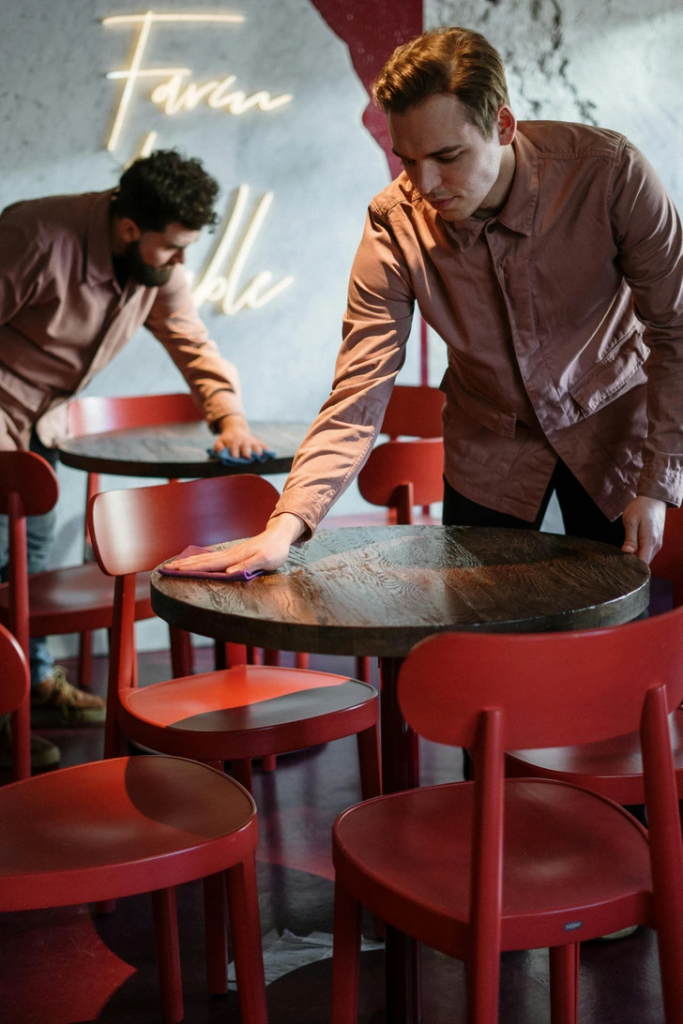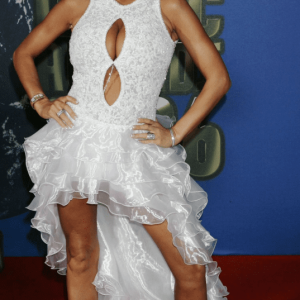Job interviews aren’t just about having the right answers. They’re also full of hidden signals, subtle tests, and unspoken evaluations. From the moment you walk through the door (or log into Zoom), hiring managers are watching everything – even the things you think don’t matter. If you’re not careful, these invisible traps could quietly cost you the job.
Let’s break down what HR experts have revealed as the most common “gotcha” moments during interviews—and how to avoid them.

1. The Broom Test: Will You Step Over It or Pick It Up?
One restaurant owner used a creative way to test applicants’ initiative. He’d ask them to enter through the back kitchen door, then place a broom on the floor inside. If a candidate picked it up and returned it to its spot, they were hired on the spot. If they stepped over it? They were given a generic application, just like everyone else. It’s a simple but brilliant way to spot someone who takes action without being told.
Video: Why You Didn’t Get The Job: Common Interview Traps To Avoid
2. Honest Employee Feedback: How You React Matters
Some hiring managers bring in current employees mid-interview to give brutally honest descriptions of the workplace—good and bad. While that might sound generous, they’re actually watching your face for how you react to the negatives. Shock, discomfort, or skepticism might be red flags. Some even use tours of the workplace to see how naturally you fit into the environment.
3. Open-Ended Questions Aren’t Random
When an interviewer asks vague or abstract questions, it’s not because they’re unprepared. They’re watching how you fill the space, express your thoughts, and build a conversation. Do you ramble? Do you freeze? Or do you turn it into a chance to showcase your personality and logic? There’s no “correct” answer—but how you handle the unknown says everything.
4. Stress Testing Without Warning

Some companies use stress-based questions or criticism to see how you react under pressure. It’s not ideal, and many candidates walk out. But others who respond with calm, thoughtful answers (even pushing back respectfully) stand out. These tests are more about your reasoning and attitude than being right.
5. Creativity Checks Disguised as Fun Questions
Ever been asked something like, “If marshmallows had a personality, what would it be?” Weird, right? But those quirky questions aren’t just for laughs—they assess how creatively you think. Can you make connections on the fly? Do you have fun with it, or shut down? Especially in roles that require customer interaction or adaptability, your imagination matters.
6. Watching You Before the Interview Even Starts
HR professionals often observe candidates while they’re waiting. Do you scroll through your phone? Make small talk with the receptionist? Browse the office materials? Your behavior in those quiet moments gives insight into your natural demeanor—and can tip the scale before the first question is even asked.
7. You’re Being Judged for Fit as Much as Skill
Most hiring managers already assume you have the skills. What they’re really figuring out is: will you be someone we enjoy working with? That’s why questions about your hobbies, favorite movies, or weekend plans pop up. They’re looking for shared interests, social ease, and personality fit. And yes, they’re judging your sense of humor too.
8. How You Handle a Lunch Menu Could Matter

One old-school hiring tactic: take the candidate to lunch and see how fast they order. If someone spends too long deciding, it’s seen as indecisiveness. It might sound harsh, but in fast-paced roles, being able to make quick calls can make a difference.
9. Your Handshake Still Counts
Even in a world moving toward remote work, physical cues still speak volumes in in-person interviews. A confident handshake tells a story of assurance and professionalism. A limp handshake, or worse, offering just your fingers? It signals uncertainty and lack of commitment.
10. How You React to Criticism Shows Maturity

Some interviewers will gently (or not-so-gently) challenge your answer or offer critical feedback just to see what happens. Do you defend your answer with logic and grace? Or do you get defensive? Your response gives insight into how you handle real-life tension at work.
11. Paying Attention to Details Goes a Long Way
Don’t overlook the importance of accuracy. Spelling the hiring manager’s name wrong, wearing wrinkled clothes, or referencing the wrong company values? These “minor” slip-ups can make you seem careless. And no one wants to hire someone who doesn’t double-check.
12. What You Do After the Interview Also Matters
Sending a simple thank-you note isn’t just polite—it can be the thing that separates you from another equally qualified candidate. It shows that you’re thoughtful, invested, and professional. Skipping that follow-up can feel like a red flag to hiring managers who value communication.
Final Thoughts
Video: A confident interview closing statement – 5 magic words to land the job.
Job interviews aren’t only about experience or a polished resume. They’re about how well you fit into a team, how you handle uncertainty, and how you present yourself under scrutiny. By staying sharp, genuine, and a step ahead of these subtle traps, you increase your chances of not just landing the job—but thriving in it. So the next time you walk into an interview, remember: every moment counts, even the ones you think don’t.


